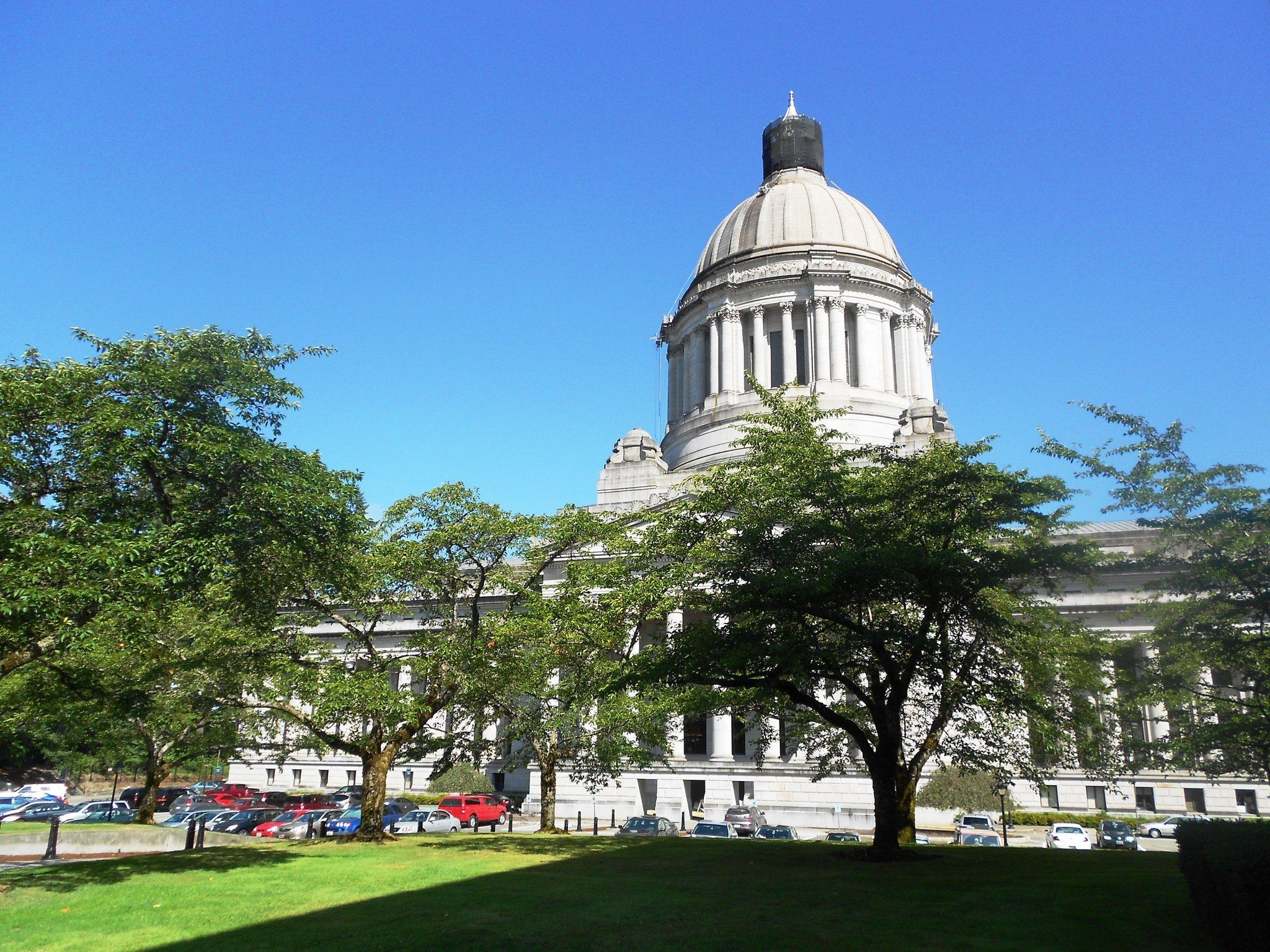Last week, the state revealed a modest increase in the revenue forecast. The rosy new revenue outlook drew some rather questionable explanations from state lawmakers. Specifically, Democrat state Senator Andy Billig decided to use the new state revenue forecast as an opportunity to praise the new $15 minimum wage and paid sick leave mandates in Seattle and SeaTac by attributing some of the modest increase to the new policies. Billig said,
“I think [the forecast council increase] takes away a little bit of the fear maybe that some had about the increase in minimum wage in Seattle and other places, or paid sick leave; you can see not only isn’t it having a negative effect, but is actually probably contributing to our increases into our prosperity as a state.”
Billig’s claim in more than just a little far-fetched. First, the first phase of Seattle’s new minimum wage increase ($10 and $11 depending on the size of their employer) took effect just over one month ago (April 1). Seattle’s “paid sick leave mandate for some employers that has been in effect since September 2012.” Additionally, SeaTac has a “$15 minimum wage and paid sick leave mandate which impacts only about 1,000 workers.” Using these facts, the Washington Policy Center recently put Billig’s comments into perspective. The Washington Policy Center,
“So Senator Billig thinks a $15 wage paid to $1,000 workers in SeaTac, combined with the $10-$11 wage that just took effect one month ago in Seattle, would have an impact on the state’s revenue forecast. And that a paid sick leave mandate that applies to some employers in just two cities in the state would have an impact.”
The Washington Policy Center goes on to point out that the “the actual revenue forecast report from the Economic and Revenue Forecast Council makes no mention of minimum wage or paid sick leave mandates having any impact on the state’s revenue.” Rather, according to the report, “the increased revenue forecast is primarily the result of new rules regulating the sale of medical marijuana and a surplus in real estate excise tax collections.” The Washington Policy Center concludes,
“And while Senator Billing declares “you can see not only isn’t it having a negative effect, but is actually probably contributing to our increases into our prosperity as a state,” there are employers, workers and consumers who might disagree. It’s hard to see how the 100 jobs Cascade Designs is moving to Nevada, or the 12 jobs that will be lost when Z Pizza shuts it doors, or the three weeks of paid vacation that workers at Icon Grill will lose, or the tips that servers at Ivars Salmon House will no longer receive, or the higher prices that consumers will pay—all the result of Seattle’s newly increased minimum wage—translates into increased prosperity.”




